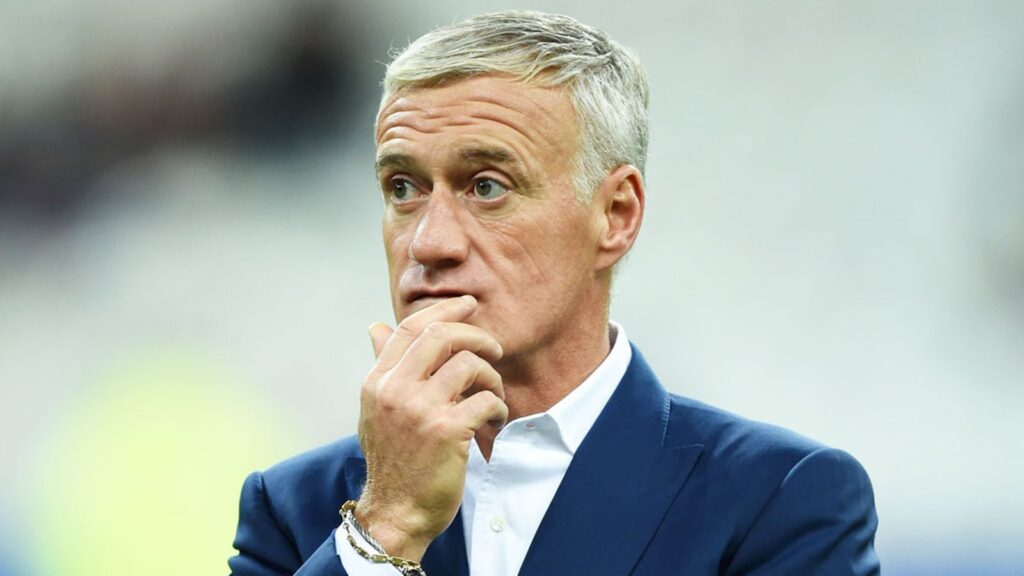France coach Didier Deschamps believes that the key to staying effective in modern football lies in adapting to the mindset of younger players rather than trying to impose old-fashioned methods. Having led the French national team since 2012, Deschamps has witnessed significant changes in player attitudes and behaviour over the years. The 56-year-old, who has lifted the World Cup both as captain in 1998 and as coach in 2018, admits that today’s footballers are more confident, outspoken, and mature at a younger age than those of previous generations.
Deschamps explained that in the past, young players were expected to simply follow instructions without question. However, the new generation enters the professional environment with greater self-belief and readiness. “Players today are prepared earlier, they play earlier, and they’re more mature,” he said, noting that their approach reflects broader social changes where younger people are more assertive and ambitious.
He compared this shift to the business world, where young professionals no longer hesitate to challenge authority or aim for their superior’s position. While some might interpret this as arrogance, Deschamps sees it as ambition and part of the evolving dynamic between coaches and players. This new environment demands flexibility and understanding from leaders, who must learn to communicate differently.
Deschamps acknowledged that some aspects of the old-school discipline he grew up with would no longer work in today’s dressing room. Simple rules like banning mobile phones, for instance, are outdated in an age where players are constantly connected. “The current generation was born with a mobile phone,” he observed, highlighting that technology and communication habits have transformed player behaviour.
Recognizing that younger athletes often have shorter attention spans, Deschamps tailors his coaching to ensure messages are concise and impactful. “I prefer to keep it short and clear. I don’t want to become background noise—I want them to really listen,” he said.
Ultimately, Deschamps believes longevity as a coach depends on finding the right balance between authority and adaptability. “By adjusting to players who are getting younger while you’re getting older, you avoid becoming either an old fool or a fake youngster,” he explained. For the veteran manager, embracing change is not just about maintaining respect—it’s about ensuring France continues to thrive in an ever-evolving football landscape.

